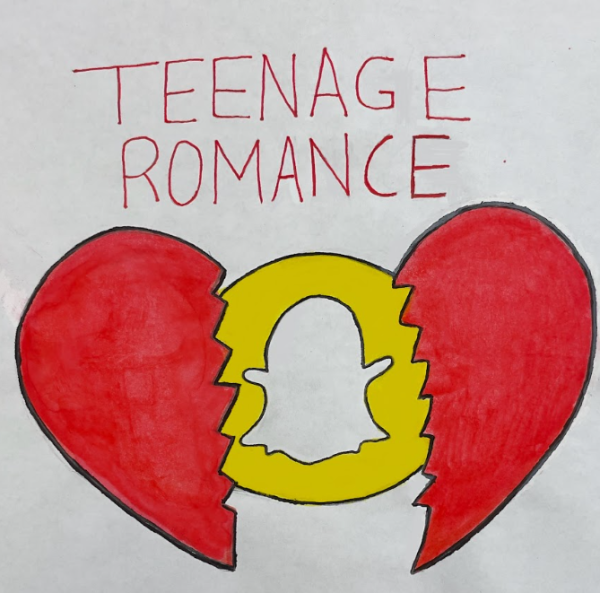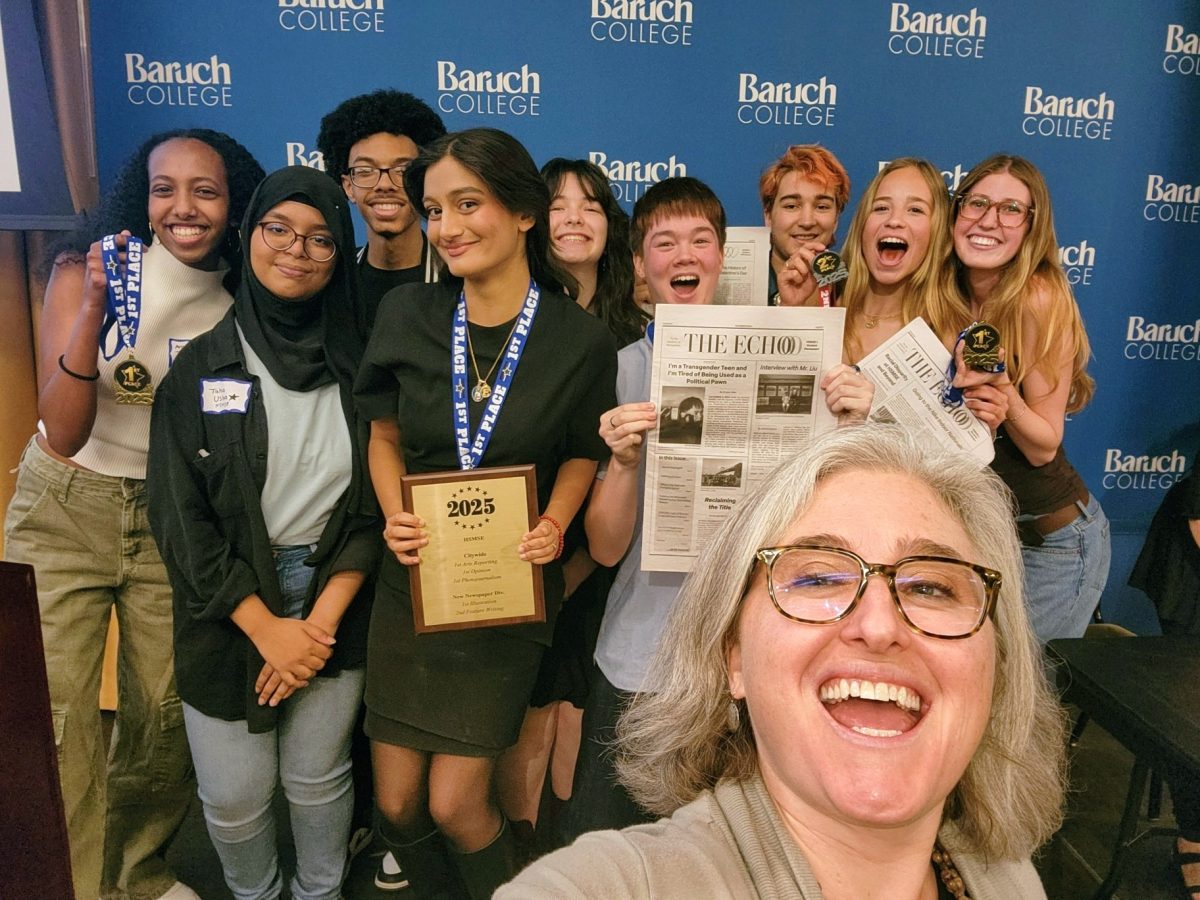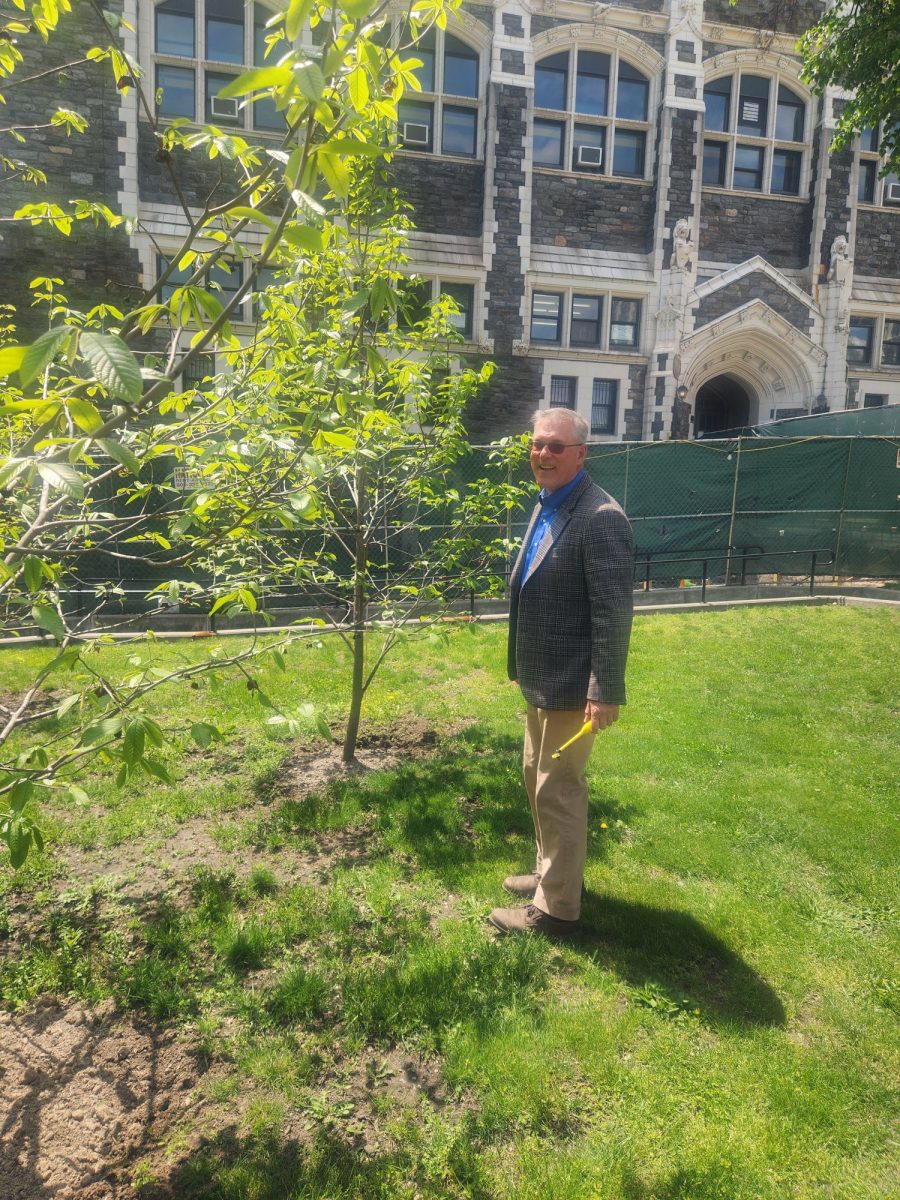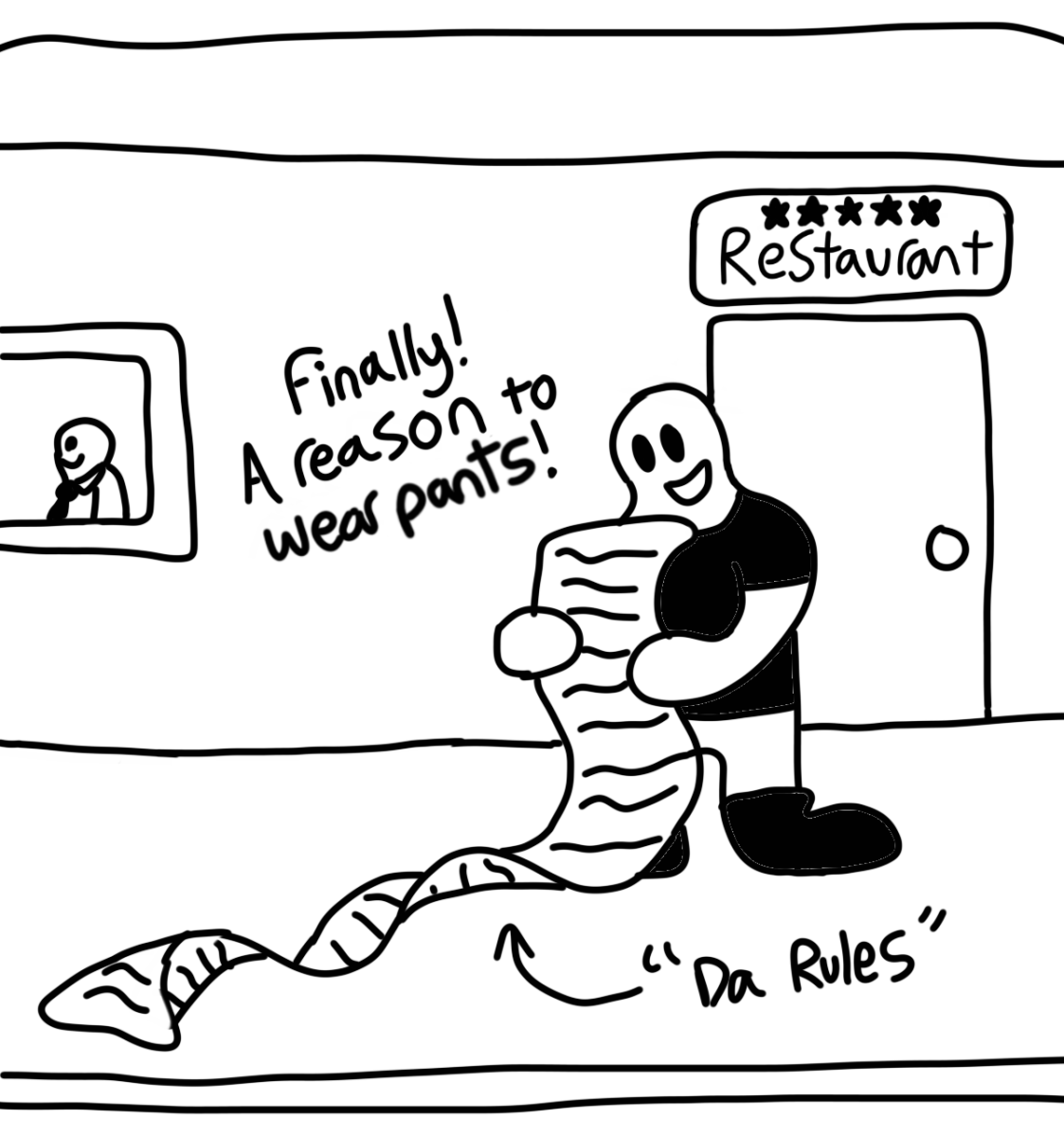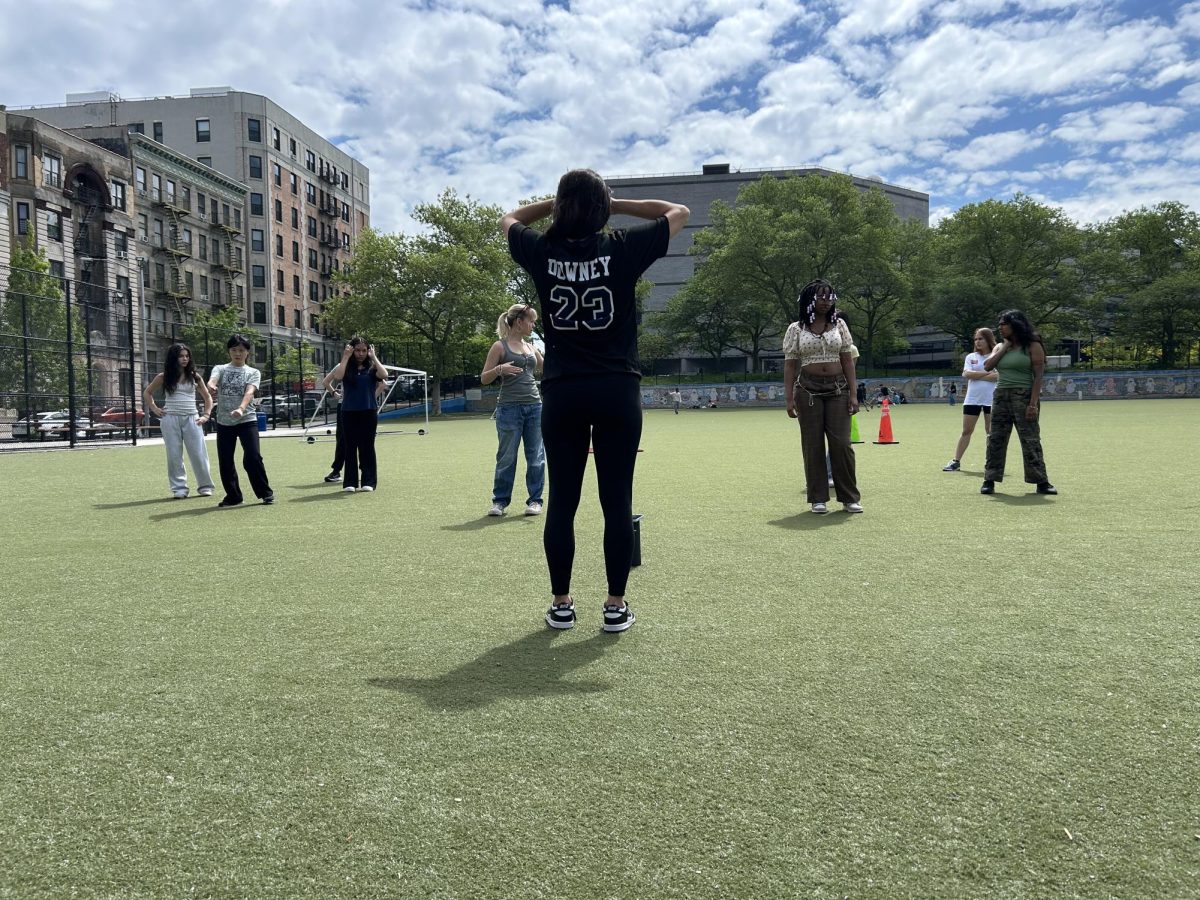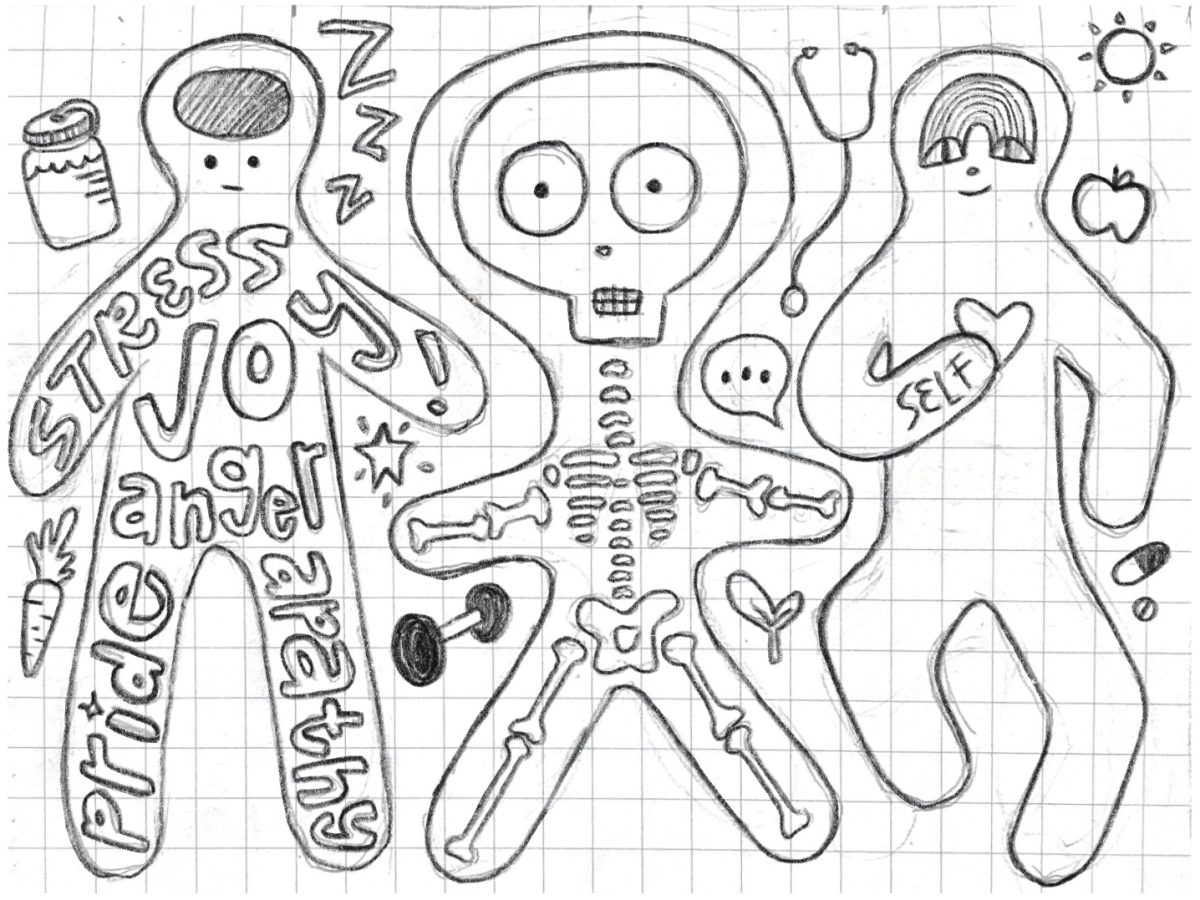Puppy love used to be all about shy smiles, handwritten notes, and long phone calls where you’re both hoping a parent isn’t listening on the line. It used to be about walking home from school together, sharing milkshakes and going to the diner—at least that’s what the movies tell me. Though today’s relationships still have some of those qualities, their beginnings look entirely different. Today’s teenage relationships move faster, skip a thousand stages, and often start with a snap—literally. Instead of waiting by the phone, teens wait for a typing bubble to appear. DMs replace dinner dates, and a perfectly curated playlist shared on Spotify is the new mixtape. Snapchat has revolutionized teenage love, but at what cost? Has Snapchat made relationships more accessible, or simply more superficial?
The concept of a “talking stage” isn’t new, but its bounds have been completely extended by our generation. When you’re interested in someone romantically, it’s natural to want to get to know them better—to see if you’re compatible and if the two of you have a future. Learning about someone used to happen mostly in person: you’d go on a couple of dates, talk face to face, and then decide whether to move forward. But today’s “talking stage” is a whole different ball game. Teens now communicate through apps like Snapchat for weeks—or even months—without ever meeting up or defining the relationship. Texting requires far less courage than real-life interaction, and because of that, the connection often feels less meaningful. It’s easier to ghost someone when they’re just a Bitmoji on a screen.
When asked what she thinks about today’s “situationships,” Ms. Walker responded, “I wonder if people in situationships are in them out of defense—you know, in case it doesn’t work out.” That struck a chord with me. It’s true that many in our generation are scared—scared of falling in love, scared of being hurt, or even scared of being truly understood. These are all valid fears, especially when you’re young and still figuring things out. But hiding behind a screen and shutting yourself off from real connection can be deeply damaging. Your youth is the time to take emotional risks—to put yourself out there, even if it means you might get hurt. You don’t have to be in a full-blown relationship to be vulnerable. In fact, learning to be open with other people, romantically or not, is a skill that shapes the way we connect for the rest of our lives. When we let fear drive us to avoid true connection, we don’t protect ourselves—we isolate ourselves.
“It can be easy to retreat into that digital world, because it is simpler, in a way,” Ms. Walker added. And it’s true: It’s easier to start friendships and romantic connections online. But it’s also harder to make them real. Take the idea of “delivered wars,” for example. To me, it’s absurd. Why would you purposely delay replying to someone you care about just to seem indifferent? Why is pretending not to care seen as attractive? The effort to appear nonchalant strips connection from the very thing that makes it meaningful: emotion. I understand that it takes courage to show how you feel. But when there’s already a mutual interest, why do we keep playing hard to get instead of simply allowing ourselves to be known?
“There will always be a substitute [for] face-to-face conversation,” Ms. Walker says—and I agree. Humans are naturally social beings, we depend on interaction. There’s no technology that could replace that instinctual trait. But social media should be just that: a substitute, not the main event. Snapchat and other social media have changed teenage dating. There’s a belief that young love should be simple, easy, and effortless—and if it’s not, it’s not worth pursuing. I’m not arguing that you should stay in a relationship that is emotionally taxing, but you shouldn’t give up on a meaningful one simply because it’s easy to swipe into the next connection. What makes a strong relationship? I’m not sure—I’m not an expert. But I believe strength in a relationship comes from mutual respect and real understanding. Love takes courage and it isn’t always easy. Snapchat may have made it simpler to connect, but in doing so, it also made it easier to hide behind half-swipes, group snaps, and endless scrolling.
So, does talking through a screen help build deeper relationships—or does it just make them easier to start and easier to lose? In the end, love in the digital age is still love—it just looks different. But as we continue to rely on screens to build connections, we have to ask ourselves what we’re sacrificing in the process. Real connection requires effort, vulnerability, and presence—things no app can replicate. Maybe it’s time we stopped worrying about who left who on delivered for longer, and time we started focusing on showing the people in our lives that we truly do care about them.
